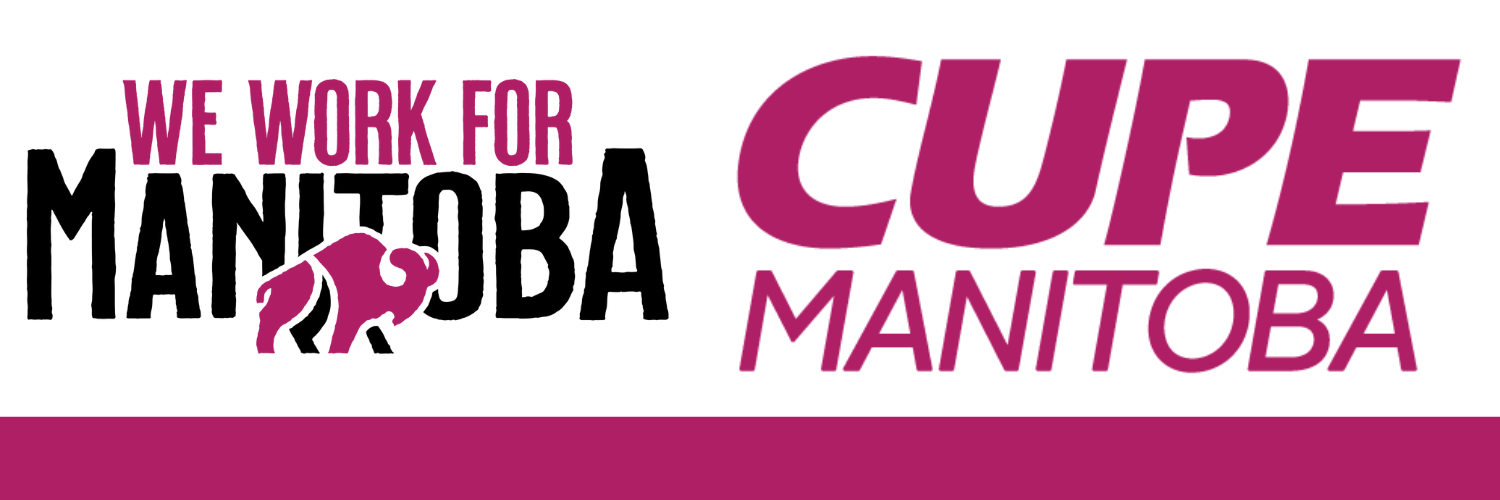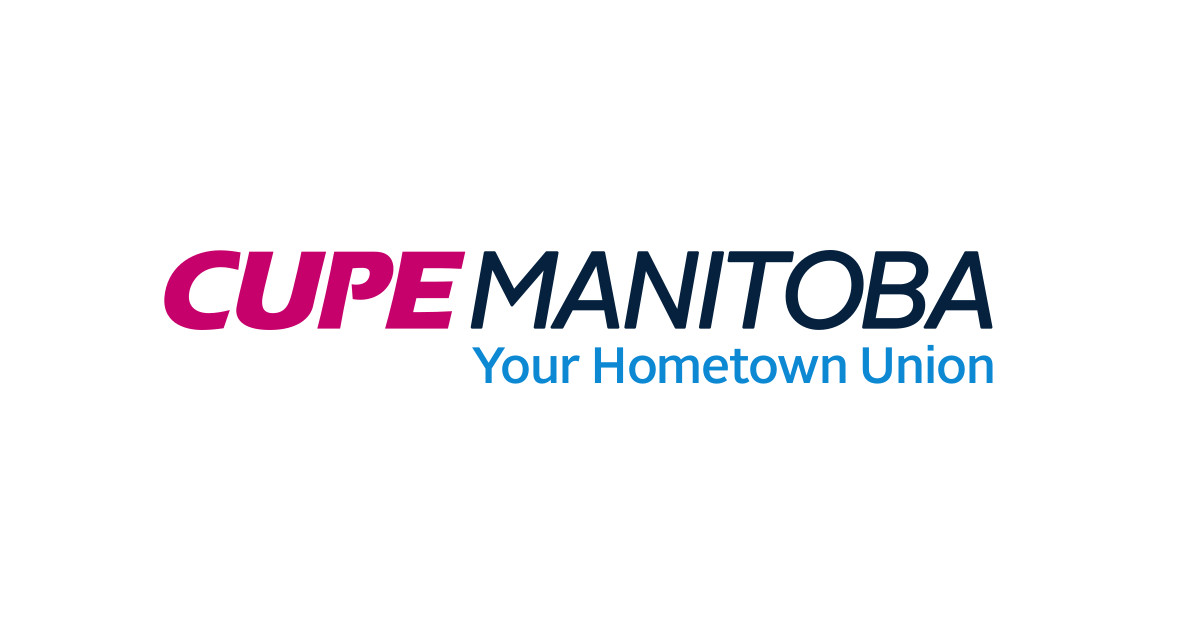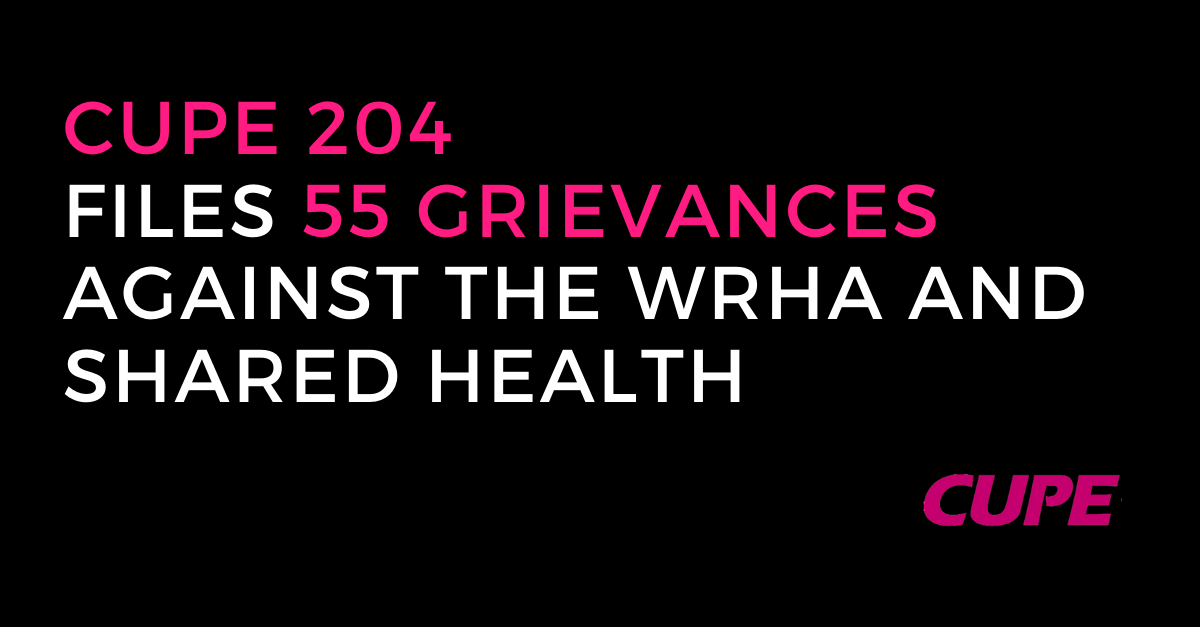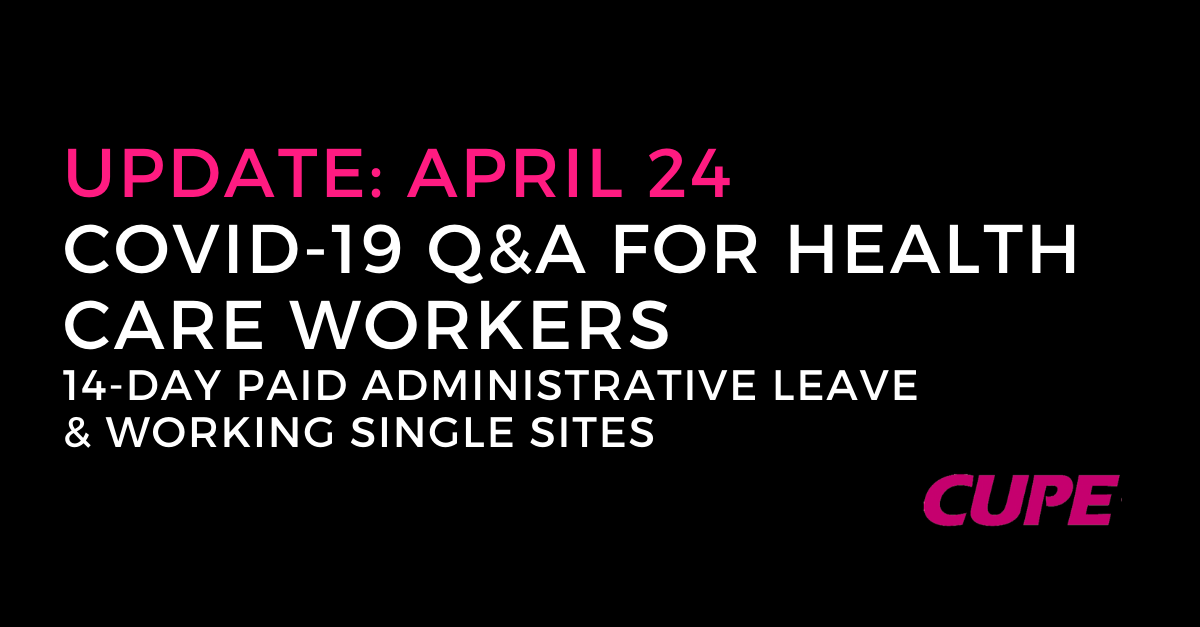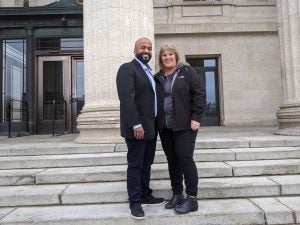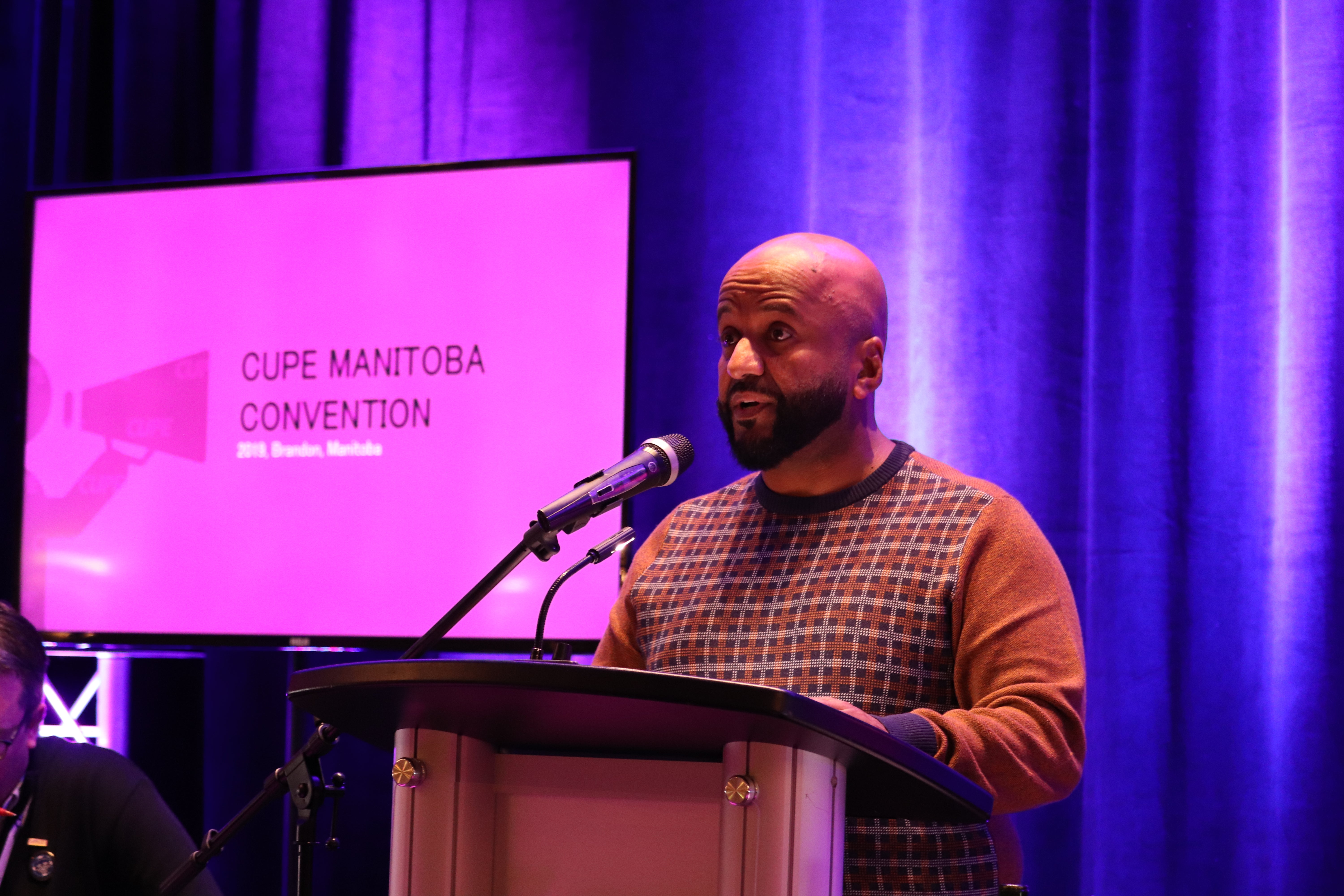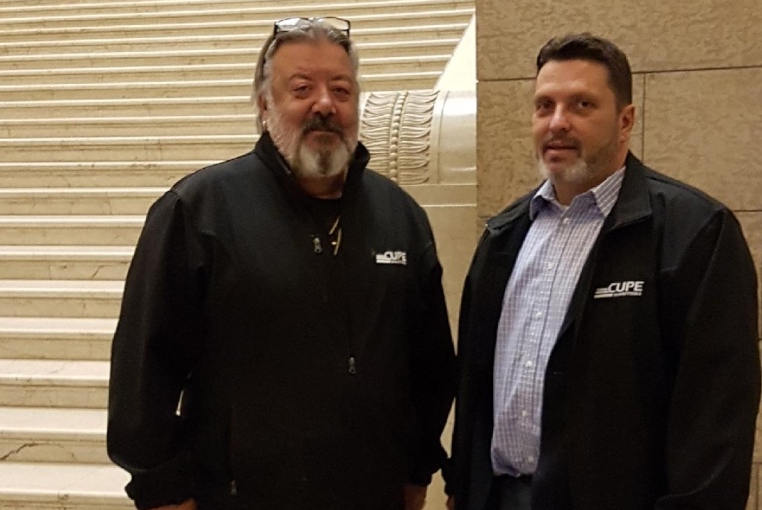WINNIPEG – The Canadian Union of Public Employees welcomes the new Caregiver Wage Support Program (CWSP), but warns that more comprehensive action like guaranteed sick pay is still urgently needed to stem the crisis in residential care in Manitoba.
CUPE represents workers in nearly all the eligible caregiving roles. The Union is hopeful that the program will be extended by adding additional weeks, expanded to help more workers (such as those working in Home Care, hospitals, and community clinics), and amended to include sick days.
The program, jointly funded by the federal and provincial governments, will provide a $5/hour wage supplement to eligible workers earning less than $25/hour who provide care in a variety of different care home, disability care, youth care, or assisted living settings. There will be two intake windows, in December and January, and the benefit will apply to regular and overtime wages for hours worked from November 1, 2020 to January 10, 2021.
“We welcome the new program, as it recognizes the sacrifices frontline workers are making during the COVID-19 pandemic, but we are concerned that the benefit does not cover enough workers, does nothing to increase wages long-term, and does not cover sick time pay,” says Abe Araya, President of CUPE Manitoba. “We wish it would not take a pandemic for government to recognize the critical role that frontline workers play in caring for Manitobans.”
Sick time provisions are a big problem for lower-paid caregivers working shifts, and CUPE has been advocating for guaranteed paid sick time for frontline workers since the beginning of the pandemic. Many workers have had to go without pay when they are sick or in isolation. Denying them the new wage supplement puts pressure on workers and on the safety of residents, their families, and other staff in caregiving programs. No worker should have to choose between paying their bills and safe work.
“If we want to get this pandemic under control, we need better leadership from government. Today’s announcement hailed the lowest-paid caregivers as heroes, but these heroes need better pay and the reassurance of paid sick time if they are home with COVID, COVID-symptoms, or required to isolate,” Araya added. “It was a missed opportunity by government to show they really respect frontline workers and will do what is needed to make caregiving safer for workers and residents.”
The Canadian Union of Public Employees is Canada’s largest union representing more than 700,000 members. In Manitoba, CUPE is the province’s largest union, representing approximately 36,000 members working in health care facilities, personal care homes, school divisions, municipal services, social services, child care centres, public utilities, libraries, and family emergency services.
